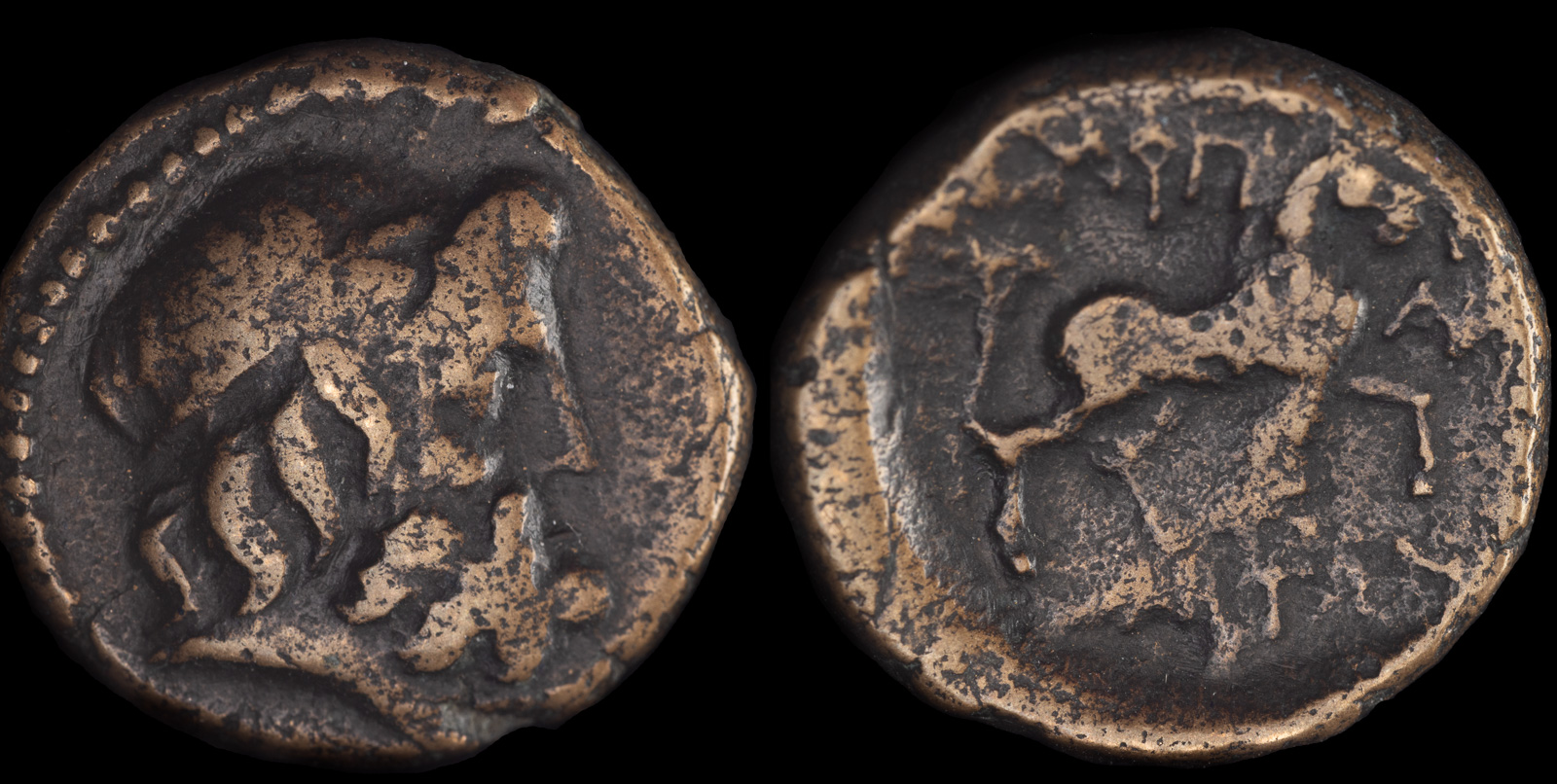Poseidon
View All Tags
In addition to his role as the ruler of the seas, Poseidon was also considered a god of horses. He was credited with the creation of the first horse and was revered as the protector of these noble creatures. Horses were of great importance in Greek culture, particularly in the context of warfare, chariot racing, and athletic competitions, and Poseidon’s connection to horses highlighted his influence over the natural world and his ability to bring both strength and majesty to the animals he ruled.
Poseidon’s duties extended beyond his control over the oceans and horses. He also held dominion over the rivers and freshwater bodies, which were crucial to agricultural societies. This included overseeing the flow of rivers, springs, and lakes, as well as the fertility of lands dependent on these water sources. In this capacity, Poseidon played an important role in maintaining balance in nature and ensuring that the land could sustain crops and provide for the needs of the people.
Though revered and respected, Poseidon was also a god who could be quick to anger. When he felt slighted or disrespected, he could unleash his wrath in the form of powerful storms, floods, or earthquakes. The ancient Greeks understood that Poseidon’s volatile nature made him both a protector and a potential threat, and his worship was important for securing favor and avoiding his destructive force. Temples and rituals dedicated to Poseidon, such as the Isthmian Games, were held to honor him and seek his protecti
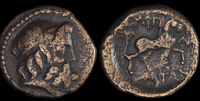
Amphipolis, Macedon ca 187-167 BCE
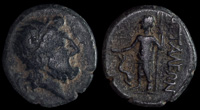
Attaleia, Pamphylia 159-100 BCE
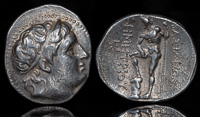
Demetrios Poliorketes 306-283 BCE
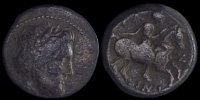
Krannon, Thessaly 350-300 BCE
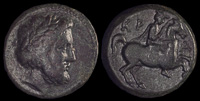
Krannon, Thessaly 4th century BCE
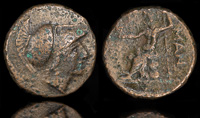
Mantineia, Arkadia 370-240 BCE
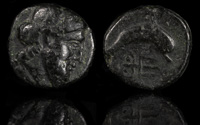
Mylasa 4th Century BCE
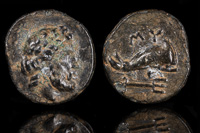
Mylasa, Ionia 4th Century BCE
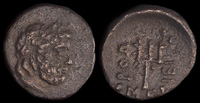
Orthosia, Karia ca 2nd century BCE
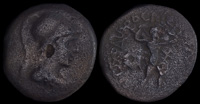
Patrai, Achaia 45-40 BCE

Prusa ad Olympum, Bithynia 251-253 CE
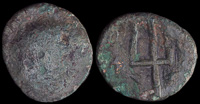
Tenos, Cyclades 200-188 BCE
